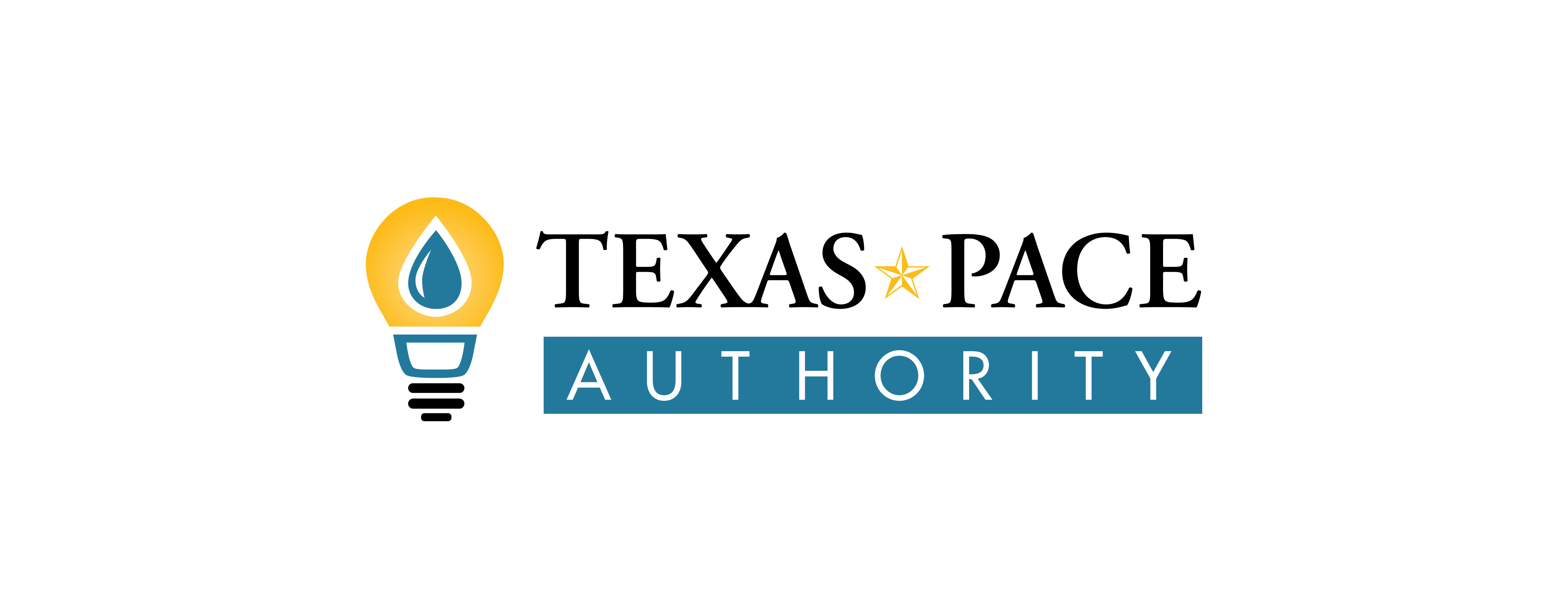Conserve and Avoid
Conserve
Conserve electricity
Reducing electricity consumption can reduce air emissions from power plants, and can have a big impact in reducing emissions from “peaker” power plants, which tend to generate a lot more emissions. For more on electricity conservation, visit www.energystar.gov.
The Austin Energy Power Saver Program offers rebates, loans, and other incentives to help offset the cost of making energy-efficiency improvements to your home, business, or multifamily property. Visit Austin Energy for additional details about the Power Saver program.
Through the POWERHOUSE Energy Education Program, LCRA energy efficiency experts visit middle schools all over Central Texas to teach students how they can save energy at home.
Pedernales Electric Cooperative (PEC) also provides a rate calculator to help Central Texans see how saving energy can save money on their electric bill.
Conserve water
Keep in mind that a large amount of electricity is used to move, treat, and heat water, and this electricity is likely coming from power plants that produce air pollution. Please pay attention to the amount of water you consume both for water conservation and for air quality. For more information about the connection between water use and energy visit EPA Region 9's Sustainable Water Infrastructure page.
Use emissions-free power sources
Buy or install zero-emission wind power and solar power. If you have the option to purchase wind power or solar power from your electricity provider, that can help reduce emissions from fossil-fuel power plants. If you can install solar panels on your home, place of business, or house of worship, that is even better.

The U.S Department of Energy’s Property Assessed Clean Energy (PACE) program is a way to finance energy efficiency, solar, and related improvements on private property by enabling owners of commercial and industrial property to gain access to funds for projects that will reduce water and energy utility costs under flexible and favorable terms. Properties in Travis and Williamson Counties by be eligible for funding under this program visit the Texas PACE Authority for more information.
Avoid
Avoid Outdoor Burning
Outdoor burning can cause excess levels of particulate matter (PM) and ozone-forming pollutants in the air.
Avoid outdoor burning of household waste and other outdoor burning practices. If you do engage in outdoor burning, adhere to the current state regulations regarding the Outdoor Burning Rule.
Adhere to county burn bans to avoid spreading of the fire. Check here to see if your county currently is under a burn ban.
If burning is unavoidable, consider rescheduling burns to calm wind days and reschedule if the current Air Quality Index (AQI) and AQI forecast is "unhealthy for sensitive groups."